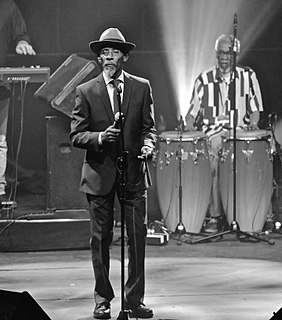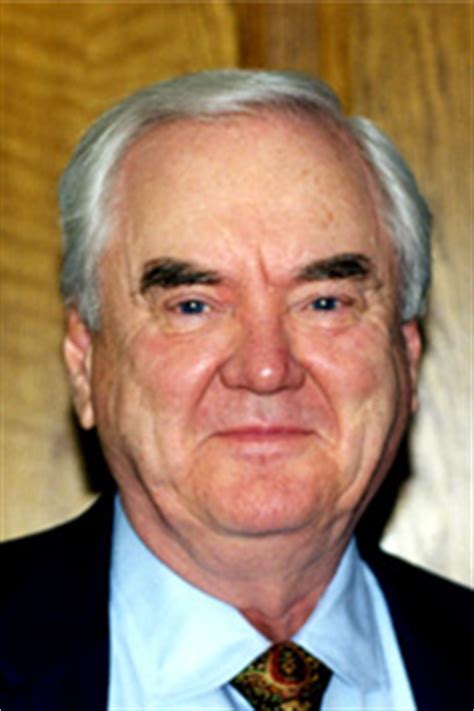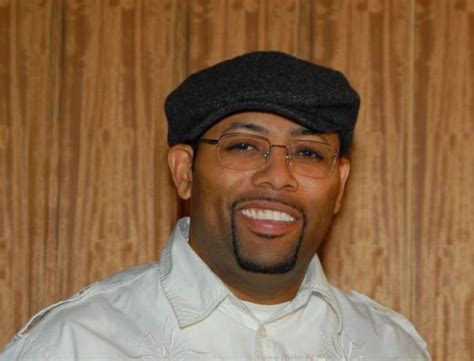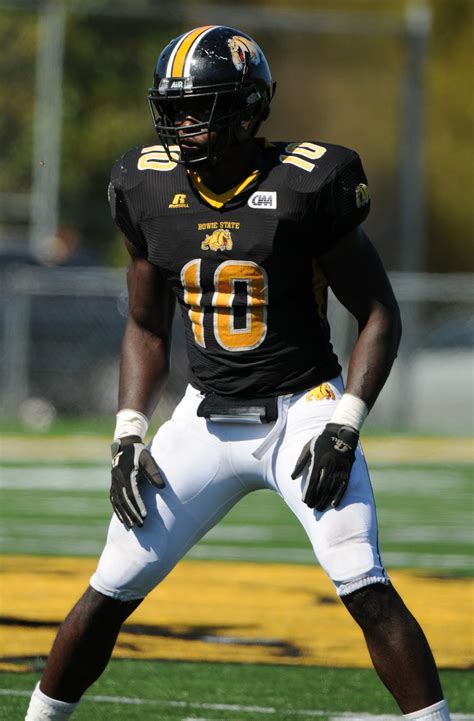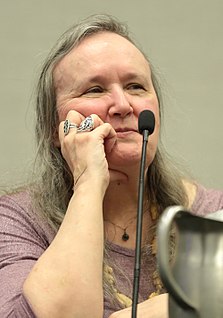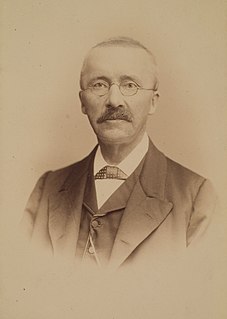Top 1200 Historical Truth Quotes & Sayings - Page 2
Explore popular Historical Truth quotes.
Last updated on November 25, 2024.
Things that are good are good, and if one is responding to that goodness one is in contact with a truth from which one is getting something. The truth is doing us good. The truth of the sunshine, the truth of the rain, the truth of the fresh air, the truth of the wind in the trees, these are truths. And they are always accessible!
....the popular music of Jamaica, the music of the people, is an essentially experiential music, not merely in the sense that the people experience the music, but also in the sense that the music is true to the historical experience, that the music reflects the historical experience. It is the spiritual expression of the historical experience of the Afro-Jamaican.
My obsessions stay the same - historical memory and historical erasure. I am particularly interested in the Americas and how a history that is rooted in colonialism, the language and iconography of empire, disenfranchisement, the enslavement of peoples, and the way that people were sectioned off because of blood.
We probably have, right now, after the Civil Rights movement - and this was very unfortunate - the most glaring time of giving up on Africa, saying we're Americans. We are Americans. I'm not arguing that point. So are the Italians. So are the Germans. So are the Jews. We're Americans with an historical geography of origins outside of the United States as all people, maybe except the indigenous Americans who came here so long ago, who have generations of people whose historical origins are right here but whose initial historical origins are somewhere in Asia.
There is no extrahistorical or eternalist or abstractivistically pure standpoint where we can get oriented in the absolute Truth per se before dealing with the concrete lineaments of how we happen exist in this time and place. We are participants in a dynamic system and we know its profile only by its action in organizing how we interact together and how we see our own selves. "The truth is the whole," and the whole is a system of living energy: our life as human and historical spirits.
The thing that most haunted me that day, however...was the fact that these things had - apparently - actually occurred...For all his attention to my historical education, my father had neglected to tell me this: history's terrible moments were real. I understand now, decades later, that he could never have told me. Only history itself can convince you of such a truth. And once you've seen that truth - really seen it - you can't look away.
Communism is Utopia, that is nowhere. It is the avatar of all our religious eschatologies: the coming of the Messiah, the second coming of Christ, nirvana. It is not a historical prospect, but a current mythology. Socialism, by contrast, is a realizable historical system which may one day be instituted in the world.
You can't be afraid to speak the truth. If you're speaking truthfully - no matter if you're White, Black, Hispanic, Asian - if it's the truth, it's the truth! And if that's what you're telling, you have no reason to be fearful, or, worry about people trying to diffuse what you're doing. Because, if you're speaking the truth, they can't beat the truth.
Mister Cameron - I have read the unexpurgated Ovid, the love poems of Sappho, the Decameron in the original, and a great many texts in Greek and Latin histories that were not though fit for proper gentlemen to read, much less proper ladies. I know in precise detail what Caligula did to, and with, his sisters, and I can quote it to you in Latin or in my own translation if you wish. I am interested in historical truth, and truth in history is often unpleasant and distasteful to those of fine sensibility. I frankly doubt that you will produce anything to shock me.
As for the meaning of gardens, particular gardens may have, of course, all sorts of different meanings - emotive, historical, emblematic, religious, commemorative, and so on. But I think that good gardens all signify or exemplify an important truth about the relationship of culture and nature - their inseparability.
I found that most people don't really want to know the truth. There are plenty of people who want to know the truth on their terms or require that the truth be contained within certain boundaries of comfort. But truth can never be known this way. You have to seek truth from a place of not knowing, and that can be a very threatening place because we think we already know the truth or we are afraid of what the truth might be.
I'm not entirely sure what a historical novel absolutely has to be, but you don't want a reader who loves a very traditional historical novel to go in with the expectation that this is going to deliver the same kind of reading experience. I think what's contemporary about my book has something to do with how condensed things are.
Whether I like it or not, most of my images of what various historical periods feel, smell, or sound like were acquired well before I set foot in any history class. They came from Margaret Mitchell, from Anya Seton, from M.M. Kaye, and a host of other authors, in their crackly plastic library bindings. Whether historians acknowledge it or not, scholarly history’s illegitimate cousin, the historical novel, plays a profound role in shaping widely held conceptions of historical realities.





